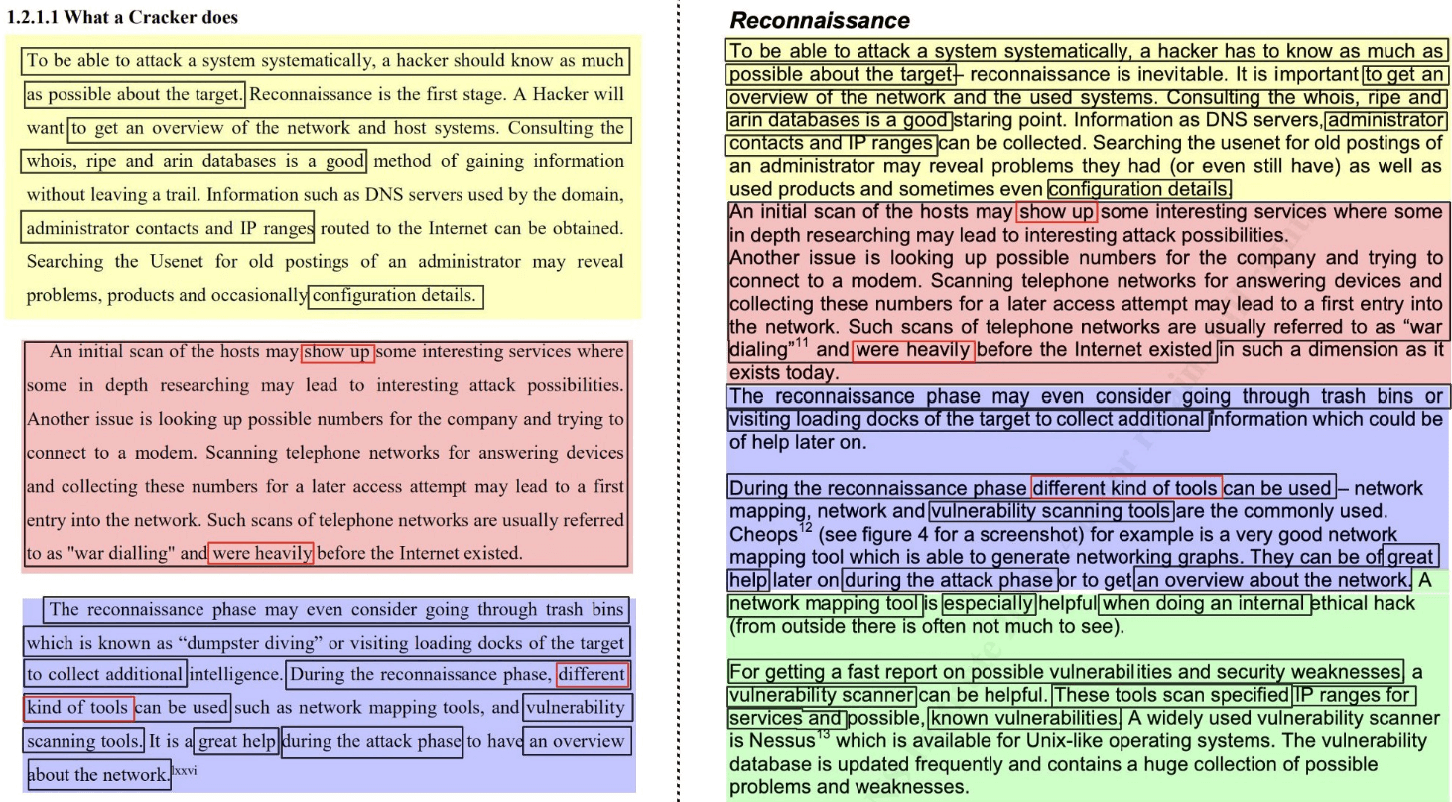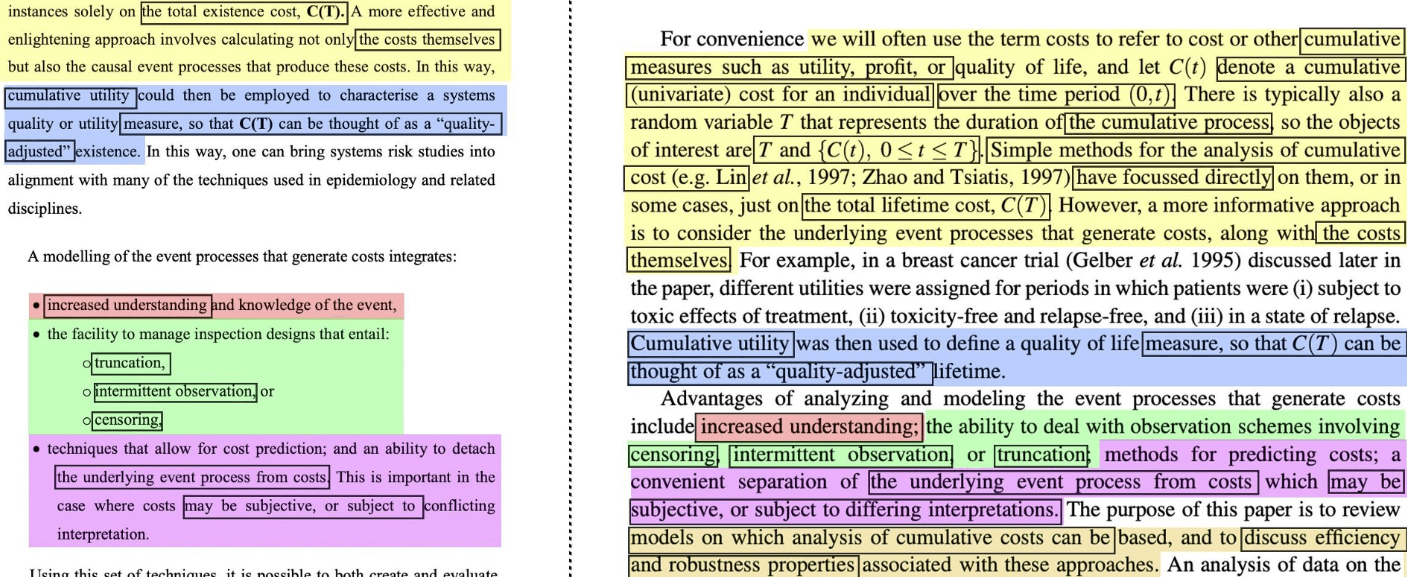 Researcher: Craig Wright may have plagiarized several parts of his Ph.D. paper
Researcher: Craig Wright may have plagiarized several parts of his Ph.D. paper Researcher: Craig Wright may have plagiarized several parts of his Ph.D. paper

Photo by MILKOVÍ on Unsplash
Bitcoin SV proponent Dr. Craig Wright, termed “Faketoshi” for his claims about creating Bitcoin, could soon lose his “Dr.” designation if recent developments are found true and his Ph.D. issuing university takes stern action.
From false identity to lifting up research
A Medium post dated May 4 by “Paintedfrog” brought the incident to light. The author analyzed Wright’s Ph.D. paper on Information Security issues and associated risks and found several plagiarized texts, including over 90 percent of some passages copied verbatim.
Perhaps the most embarrassing of all was the thesis’ sixth chapter, copied entirely from a collection of research papers, some going back to 1980. Other lift-offs were from security journals scattered throughout academia and even Wikipedia, the latter of which is not considered a valid citation by most universities.
IBM was not spared either, Wright picked up some bullet points and testing mechanisms directly from manuals published by the software giant.

“Paintedfrog” noted Wright used synonym services and article rewriting tools, such as Paraphrase, and Spinbot, to make his research seem authentic. However, such tools do not change the sentence structure and often lead to incomprehensible passages.
Wright submitted his research at Australia’s Charles Sturt University. Surprisingly, the latter is unranked on an Australian higher education institution list complied by THE, leading to additional questions about their Ph.D. vetting process and lack of oversight on original papers.
To certify his work, Wright even attached a “Certificate of Authorship” in the first pages of his thesis, taking full ownership of all research and figures. But verbatim passages as shown below prove otherwise:

Some research methods were copied in entirety:

Wright may try to justify
Paintedfrog noted Wright may justify the allegations using a variety of excuses; including, but not limited to, missed citations, failing to cite original papers, and possibly even shifting the blame to editors or those who volunteered to vet the paper.
They add:
“Even if some of his citations touch on the subject matter, it is clear that he lifted the actual content from the sources identified here, and he did not cite them.”
Another potential reason Wright could provide would be that of other papers copying his work. While the excuse may certainly work to an extent for recently published research, papers and figures going back to the 1990s would have hypothetically cited a teenaged Wright.
Wright’s outlandish claims on being Satoshi Nakakamo, the pseudonymous creator of Bitcoin, are further disproved with the aforementioned plagiarism allegations. After all, the latter created one of the most original and resilient protocols in the past two decades, and would certainly never turn to plagiarism as a means of gaining their Ph.D.
While Wright has not yet responded to allegations, not many excuses remain valid in such significant scenarios.
























































